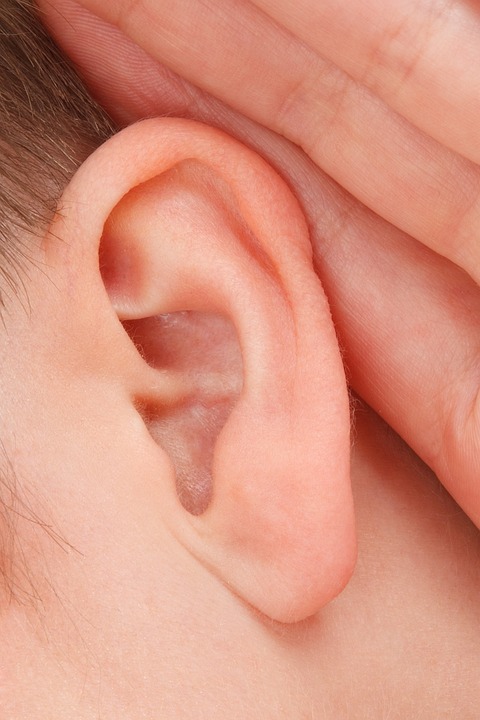Ear whistling, also known as tinnitus, can be a frustrating and sometimes debilitating condition. It is characterized by a ringing or buzzing sound in the ears when no external sound is present. While tinnitus can have a variety of root causes, one lesser-known trigger is bacterial infections [1].
Bacterial infections in the ear can lead to inflammation and damage to the delicate structures of the inner ear, including the cochlea and the auditory nerve. This damage can disrupt the normal functioning of these structures, leading to the perception of sound where there is none. In some cases, this can manifest as a whistling or ringing noise in the ears.
One study published in the journal Clinical Microbiology and Infection found a significant association between bacterial infections and tinnitus. The researchers found that patients with chronic otitis media, a common bacterial infection of the middle ear, were more likely to experience tinnitus compared to those without the infection [2].
While bacterial infections are just one of many potential causes of tinnitus, they highlight the importance of addressing underlying health issues that may be contributing to ear whistling. If you are experiencing persistent tinnitus, it is essential to consult a healthcare professional for a comprehensive evaluation and appropriate treatment.
Understanding the link between bacterial infections and tinnitus can help healthcare providers better diagnose and treat this often frustrating condition. By addressing the root cause of ear whistling, individuals can find relief and improve their quality of life.
In conclusion, bacterial infections are a potential trigger for tinnitus or ear whistling. By identifying and treating these infections, individuals can potentially alleviate their symptoms and prevent further damage to the delicate structures of the inner ear. If you are experiencing tinnitus, it is crucial to seek medical attention to explore all possible causes and develop an appropriate treatment plan.
[1]:




























Add Comment